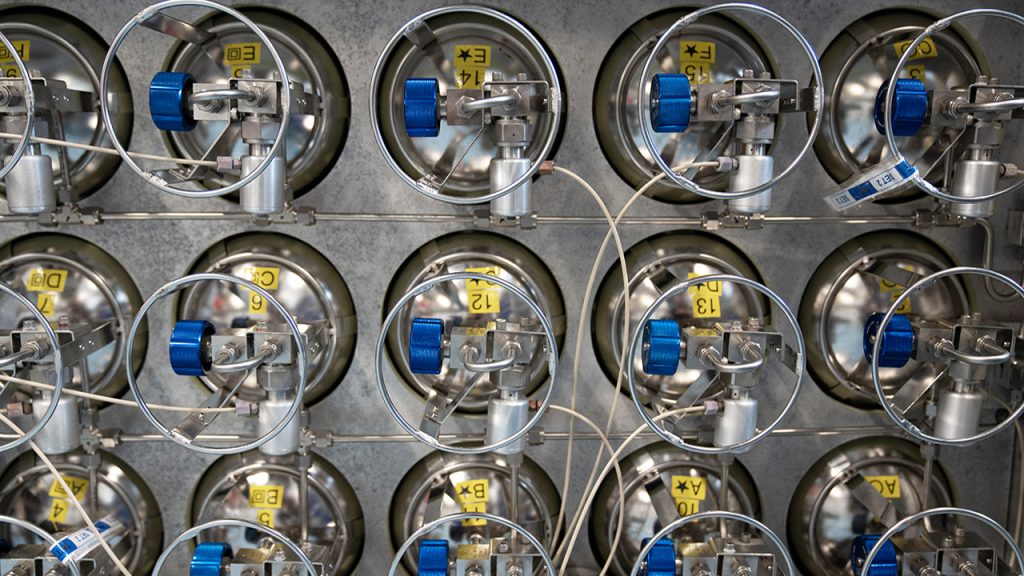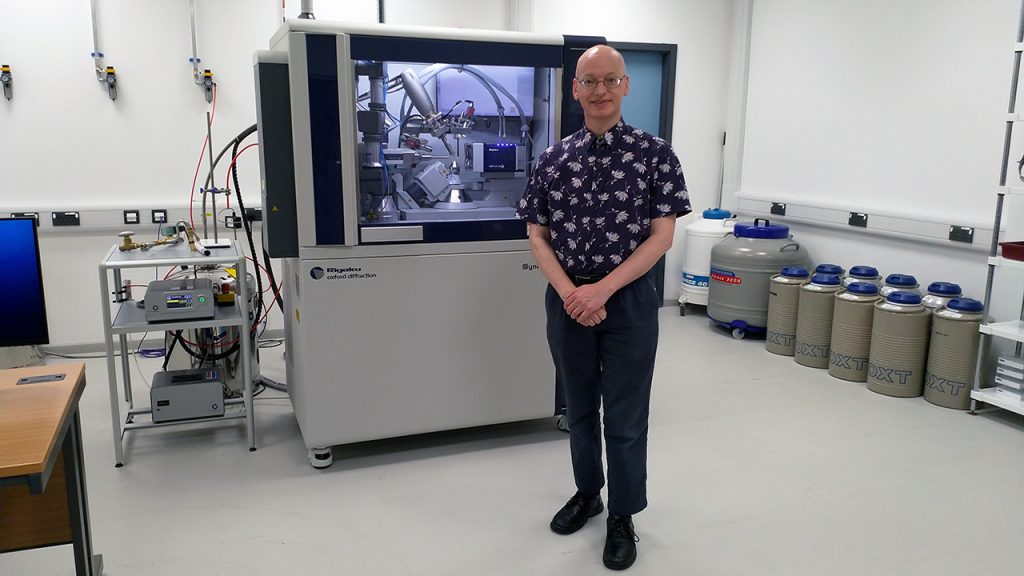
From special interests to social anxiety: Autism in academia
Everyone has a unique brain and therefore different skills, abilities, and ways to contribute at work. In science there are many research challenges and ways to approach them, but how inclusive are we to neurodivergent scientists?
Neurodivergent is a term that describes people who think, learn, process, and behave differently from the majority – referred to as neurotypical. Attention deficit hyperactivity disorder, autism spectrum conditions, dyslexia, developmental coordination disorder (formally dyspraxia), and Tourette’s syndromes are all examples of neurodiversity.
Neurodiverse conditions are diverse, with individuals experiencing them in a range of ways and requiring different levels of support to help them reach their full potential.
My name is Kevin Cowtan and I’m an interdisciplinary computational scientist, with research interests ranging from X-ray crystallography to climate science and sociology of science. I work at the University of York. I use the pronouns they/them in professional contexts. I am also autistic.
I have had an unusual career path for a researcher in science. I did my first degree at the University of York, and have spent the rest of my career there except for a couple of short sabbaticals. For 25 years, I alternated between postdoctoral roles and research fellowships. It was only in 2018 that I was awarded an academic post, and simultaneously promoted to professor.
A key feature of my career history has been lack of ambition. I have never sought promotion or a particular career path, because my main motivation has been survival. This isn’t a motivation that you usually hear talked about in careers seminars, job interviews, or promotion applications. But it is just one way in which my experience of a scientific career has been atypical.
It is only in the last decade that I have seriously sought to understand why my experience was different. I had suspected I might be autistic from my late 20s, but seriously started to think about it in the last decade. At the same time, our department had earned an Athena Swan gold award, and there was consistent signalling from the leadership that diversity was not just tolerated, but an important part of our identity as a department. The university arranged an assessment and I was diagnosed immediately.
This has made a huge difference to my self perception and confidence. I used to constantly compare myself to colleagues, and become distressed by the fact that I didn’t do science in the same way they did. Now I recognise that I can contribute to science in ways that are different to colleagues.
Special interests
Some of the ways I’ve contributed to science in a different way, should have been more obvious to me. I often become highly focused on a problem, working on it for years before making progress. One example has been developing building blocks for software for structural biology. One package I have contributed to is described in some of the most cited papers from the University of York, because the software is so important to the field.
During the decade 2001-2010 I became interested in discussions of climate data on the internet, which were being used to distract from climate change. I devoted five years of my spare time to understanding challenges in the historical observations, and this led to a series of high impact papers. This was an example of an autistic special interest, and the resulting hyperfocus allowed me to develop an international reputation in a second field.
Social anxiety
Being different is never easy, and I still suffer from social anxiety due to the rules of many social situations, including typical office parties, being incomprehensible to me.
Conferences are a key part of how science works. Colleagues will go to a conference for a week, to network and talk about their subject. I have never been able to manage more than about a day and a half of sessions before retreating to my room. For a long time I assumed I must be an imposter; less devoted to my subject than others. I also struggle with conference dinners and restaurants, losing the ability to interact socially after about 90 minutes, and being unable to interpret speech at all in noisy venues.
This used to lead to more anxiety when comparing myself against colleagues. Now I am more aware of my own neurodivergence, I measure my contributions in terms of data I generate, hypotheses I test, and scientists and students who I inspire, rather than how many science meetings I attend or conference sessions I listen to.
Navigating neurodiversity in science
I wouldn’t say that my life is easier, but as I learn to better navigate how I can contribute I am able to contribute more effectively.
I will never be able to read all of the nuances or politics of a work situation, but I can navigate those situations by taking all communications at face value, always assuming good faith, and telling people that that is what I am doing, to avoid accidental miscommunications. I supplement this by having trusted people to whom I can go if I suspect I may have misread a social situation.
Being open about my autism and talking about it within the department also reduces the social pressure on me because colleagues are more understanding of small social mis-steps.
Helping neurodivergent colleagues read social situations is a useful way in which you can support them, however some calibration is needed.
As awareness of neurodiversity increases, more people will make allowances, and there will be occasions where people who are genuinely neurodivergent (and maybe even those who are not) take advantage to justify socially harmful behaviours.
Even with good intentions and support, we can get ourselves into social situations which we cannot navigate. So it can also be helpful to have colleagues who will proactively offer support if they can see a problem arising. This needs to be done kindly and gently, as many of us live with a history of social anxiety, and realising that we have messed up a social interaction can be traumatic and reawaken past traumas. Perhaps a useful approach is to raise the issue gently, leave time for reflection, and then check in after a few days. This will also allow you to gauge whether the person is willing to explore how to engage in a prosocial way.
I think that people who are neurodivergent can contribute in distinctive ways to science and the scientific community. These will not always be a good fit for traditional academic roles or career paths, but research organisations, universities and departments can benefit from enabling us to contribute.
A starting point is to signal to your current staff, some of whom will inevitably be neurodivergent, that it is safe for them to talk about it.

